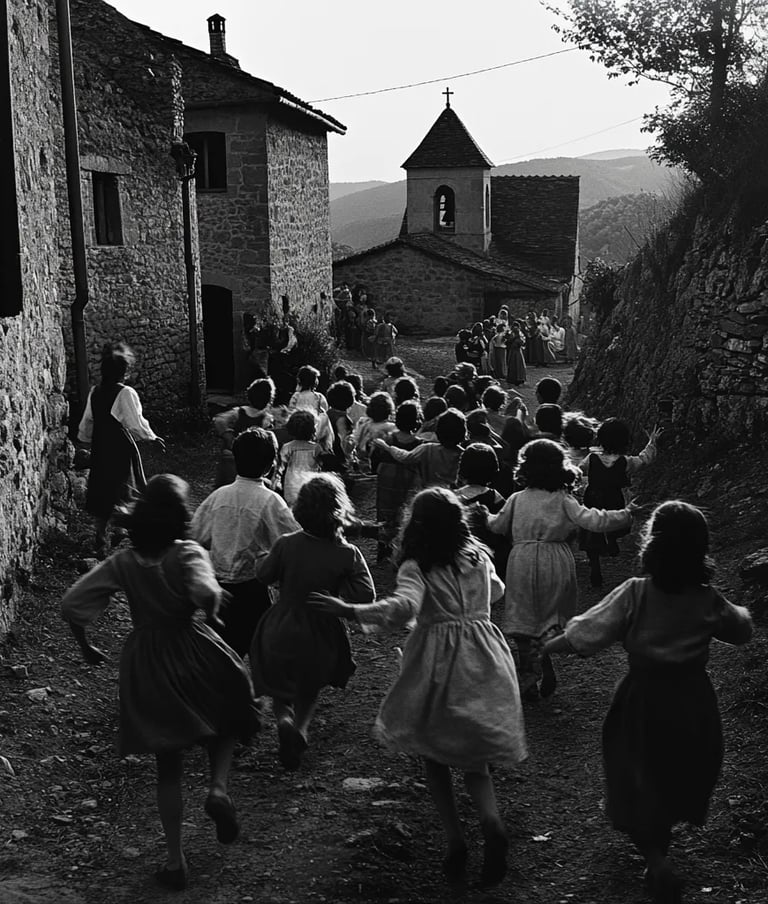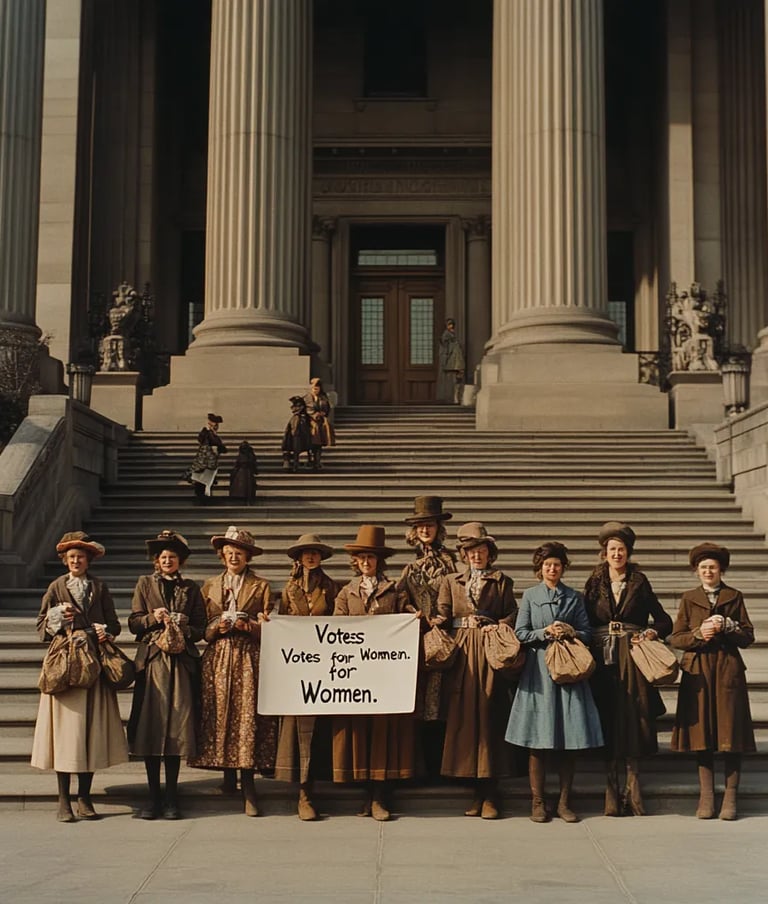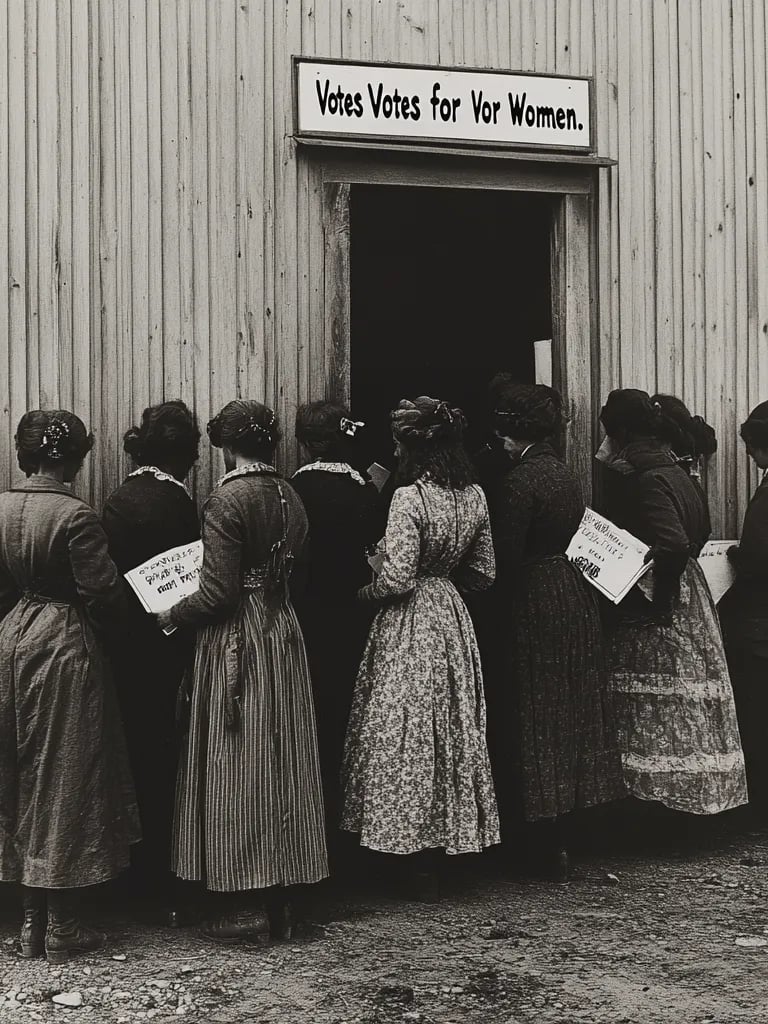On September 19, 1356, English forces led by Edward, the Black Prince, defeated and captured French King John II at the Battle of Poitiers during the Hundred Years' War. This major victory weakened the French monarchy, forced a heavy ransom for the king's release, and led to the Treaty of Brétigny, temporarily pausing the conflict.


1356 – Battle of Poitiers




On September 19, 1777, the first Battle of Saratoga took place between British General John Burgoyne’s forces and American Continental troops led by General Horatio Gates. Though a tactical British win, American forces delayed Burgoyne’s advance, setting the stage for a decisive American victory in the second battle and a turning point in the Revolutionary War.


1777 – First Battle of Saratoga




On September 19, 1796, George Washington’s Farewell Address was published, offering advice to the nation as he stepped down from the presidency. Washington warned against political parties, foreign alliances, and sectionalism, setting a precedent for U.S. leadership and shaping foreign policy for years. His farewell remains one of the most influential political statements in U.S. history.


1796 – George Washington's Farewell Address Published




On September 19, 1846, two children in La Salette, France, reported seeing a vision of the Virgin Mary. This apparition, known as Our Lady of La Salette, quickly gained prominence within the Catholic Church and became a revered pilgrimage site. The message of the vision emphasized prayer, penance, and reconciliation, attracting global religious significance.


1846 – Marian Apparition at La Salette




On September 19, 1893, New Zealand became the first country to grant women the right to vote in national elections. This landmark achievement in the global suffrage movement represented a major step toward gender equality and inspired other nations to follow suit. It remains a proud milestone in New Zealand's progressive social policies.












